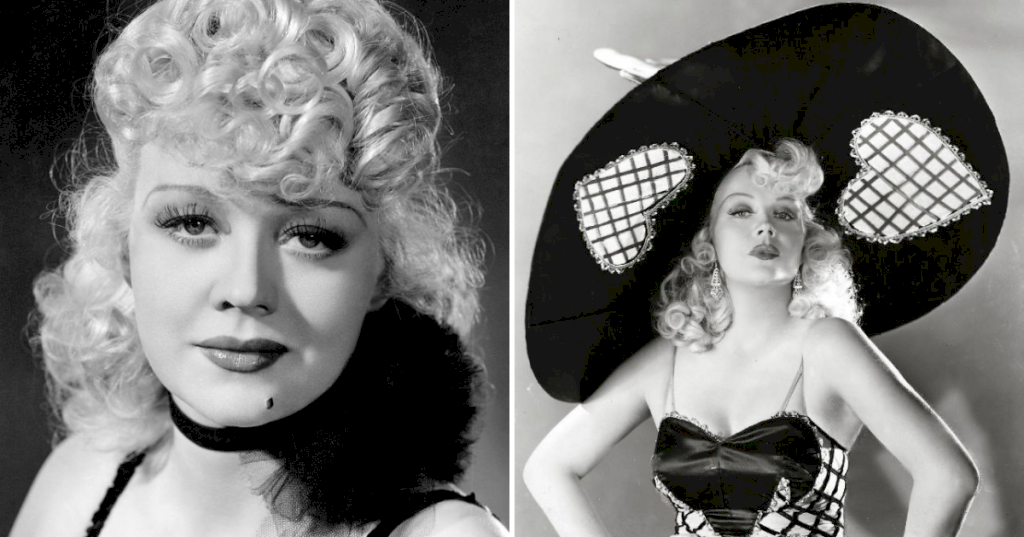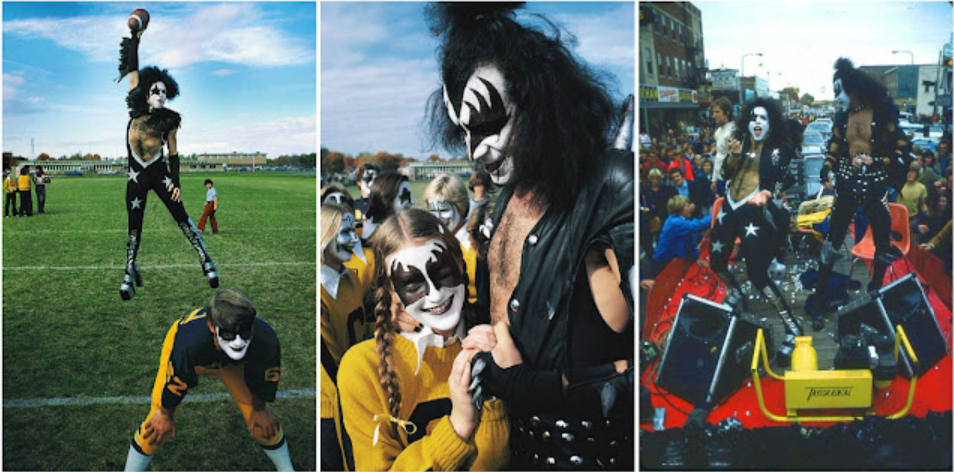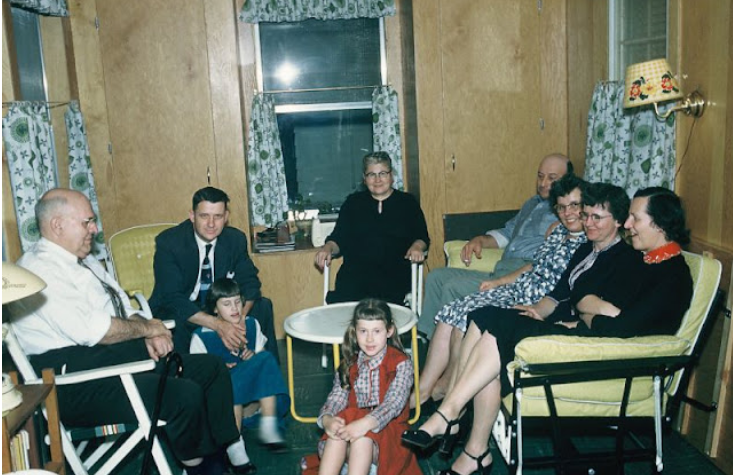The crisp salt air whipped President John F. Kennedy's hair as he stood at the helm of the "Honey Fitz," his presidential yacht, on August 25, 1963. The vessel bobbed gently on the waves off the coast of Hyannis Port, Massachusetts, a stark contrast to the often-turbulent waters of international politics that demanded his constant attention. Here, surrounded by the familiar sights and sounds of Cape Cod, the President sought a rare moment of respite with his family.

The "Honey Fitz," named after Kennedy's colorful grandfather, John "Honey Fitz" Fitzgerald, was more than just a yacht; it was a refuge. Its mahogany decks and cozy cabins offered a welcome escape from the pressures of the White House. Joining the President on this particular outing was his wife, Jacqueline, their young daughter Caroline, and perhaps even their son, John Jr., though historical records are not entirely clear.
Photographs from that day capture a glimpse of a relaxed President Kennedy. In one, he stands beside Caroline, both gazing out at the endless blue horizon. Caroline, a little over six years old at the time, clutches a doll in one hand, her blonde hair pulled back in a ponytail. Another image shows the President leaning against the railing, a hint of a smile playing on his lips, as he takes in the vastness of the ocean. These fleeting moments of peace were precious for a man constantly under the public eye.

The Kennedys weren't entirely alone on their nautical excursion. According to some accounts, Under Secretary of the Navy Paul Fay, his wife Anita, and their daughter Sally were also onboard. The inclusion of the Fays suggests a desire for a semi-social outing, a chance to share the tranquility of the sea with close friends.

Despite the relaxed atmosphere, the weight of the presidency never truly vanishes. Security detail, likely Secret Service agents, were undoubtedly present, a constant reminder of the ever-present threats faced by the head of state. Even in this idyllic setting, a part of President Kennedy's mind surely remained focused on the pressing issues demanding his attention back in Washington.

Yet, for a brief time, the burdens seemed lighter. The rhythmic lapping of the waves and the warmth of the summer sun offered a chance for family connection. Perhaps the President and Caroline shared stories, or maybe they simply enjoyed the quiet companionship. These simple moments of togetherness were essential for maintaining a semblance of normalcy amidst the extraordinary circumstances of their lives.
The Hyannis Port getaway was more than just a personal escape for President Kennedy. It also served a political purpose. Images of the President enjoying leisure time with his family helped to cultivate a carefully crafted public image. They portrayed a young, vibrant leader, a relatable family man, someone who could navigate the complexities of international affairs while still cherishing the simple joys of life.

However, the idyllic picture wasn't entirely accurate. The summer of 1963 was a time of growing tensions on the world stage. The Vietnam War escalated, and the Cold War remained a constant source of anxiety. The President undoubtedly carried these concerns with him, even as he attempted to find a moment of peace on the "Honey Fitz."
The August 25th yacht trip represents a small but significant snapshot in President Kennedy's life. It serves as a reminder of the human side of the presidency, the need for even the most powerful leaders to seek moments of respite and connection with loved ones. The image of President Kennedy on the "Honey Fitz" is a poignant one – a fleeting glimpse of a man enjoying a precious moment of normalcy before the tides of history would carry him away.

President Kennedy and Family Enjoy a Summer Day on the "Honey Fitz"


President Kennedy and Family Enjoy a Summer Day on the "Honey Fitz"


President Kennedy and Family Enjoy a Summer Day on the "Honey Fitz"


President Kennedy and Family Enjoy a Summer Day on the "Honey Fitz"


President Kennedy and Family Enjoy a Summer Day on the "Honey Fitz"




